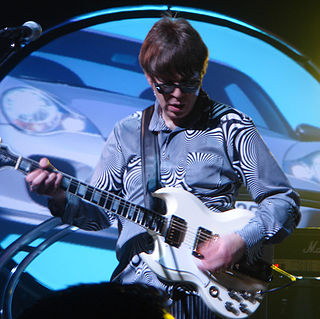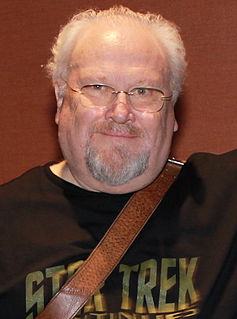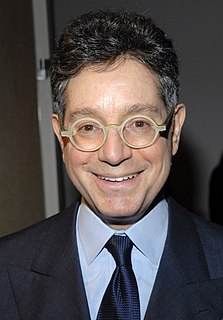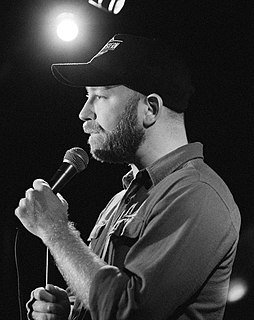A Quote by Samantha Shannon
I worry that people think you have to go to a university to be a good writer, which is categorically untrue. I don't think I learned how to write at Oxford. I did not go to any creative writing classes or anything.
Related Quotes
I think the first thing - if you want to be a writer - the first thing you need to do is write. Which sounds like an obvious piece of advice. But so many people have this feeling they want to be a writer and they love to read but they don't actually write very much. The main part of being a writer, though, is being profoundly alone for hours on end, uninterrupted by email or friends or children or romantic partners and really sinking into the work and writing. That's how I write. That's how writing gets done.
I learned to write from reading. I had no writing classes. It's part of my thinking as the writer-author, reading, but then I also want to bring this into my characters, who also read and think. There's that great quote from Virginia Woolf - it's very simple: "...books continue each other." I think when you're a writer, you're also, hopefully, a reader, and you're bringing those earlier works into your work.
How can you worry about pleasing people [critics] and what they're going to think? How can you do anything creative if the whole thing is motivated by trying to please somebody else? To me, the whole idea of what I thought art, or music, or anything creative was about pleasing yourself and hoping that whatever you're creating will reach someone else who'll see it on that level. To worry about someone picking it apart and discussing it element for element, and trying to knock you down or weaken it in any way doesn't amount to anything but a waste of paper.
Anyone who's taken a lot of creative-writing classes, or taught creative writing, has learned to dread a certain kind of manuscript. It's long, for one thing. It has irritatingly small type; it's grammatically meticulous when it comes to everything but punctuation, for which it has developed its own system of Tolkienic elaboration.
For some reason there's this myth that creativity - [especially] in terms of creative writing - is a gift you either have, or you don't. So when people first start writing, if they write something that's not very good, or if they try and it's difficult, they go, "Oh, I guess I don't have it." That doesn't seem very fair, you have to try and you have to work at it. If we get scared of one bad poem and quit, that's not doing anybody any good.
There was no real strategic decision about editorial tone. It was kind of a write whatever you want to write, and we'll see how it goes. I think that we lucked out in that all of the women who started writing at Feministing.com were really funny, and I don't think that's something people are used to seeing or hearing when they read feminism. You know, you think feminism and you kind of think academic, women's studies, dry, humorless; there are all of these stereotypes that go along with what feminist thought is and what feminist writing is.
Street skating, which is what I grew up with, is completely free of rules. You can do anything. When I see a skater go by, I think, What is this person going to do here? It's the same with people who write, who make music, who draw, who make movies. Creative people tend to have all of those different avenues in them.






































